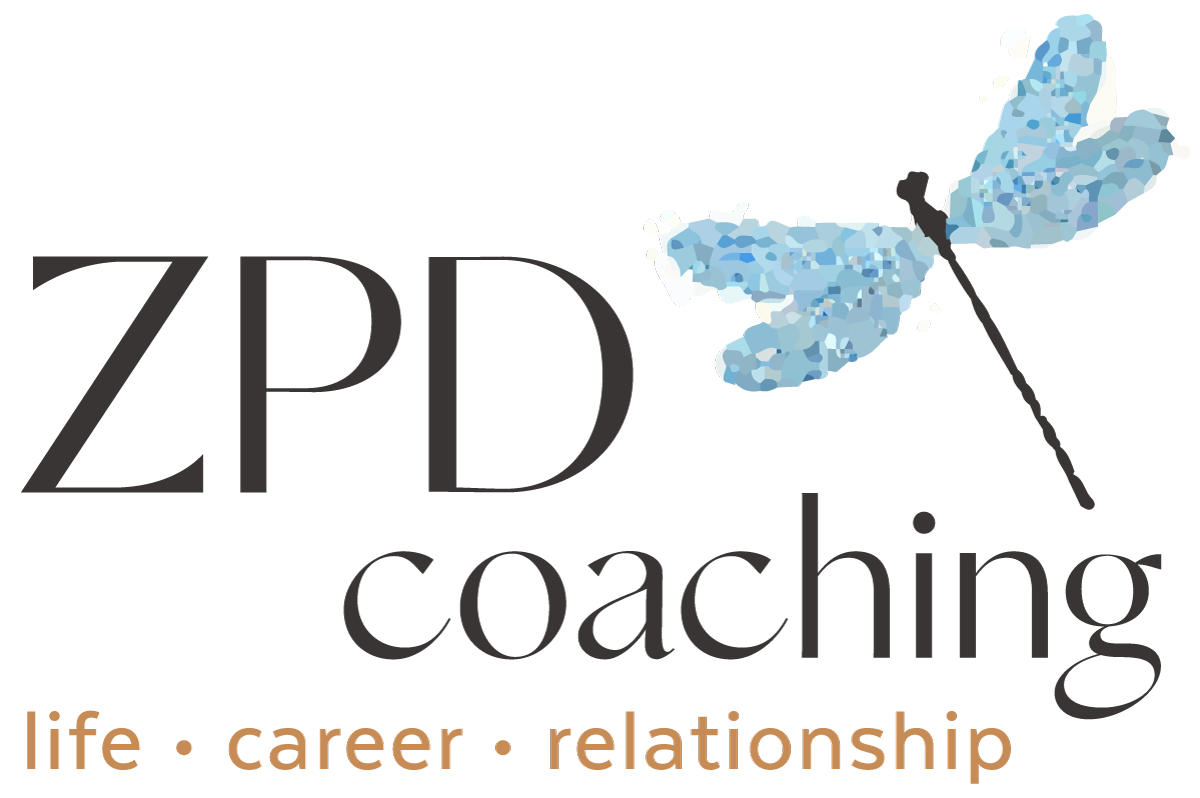The Heart’s Silent Cry: How Belonging Protects Against Loneliness and Fuels Heart Health
Did you know that chronic loneliness has the same impact on mortality as smoking 15 cigarettes a day? This makes social connection one of the most important contributors to a healthy and long life.
The fact that chronic loneliness has the same mortality impact as smoking 15 cigarettes a day highlights its profound effect on our well-being. While diet and exercise are vital for heart health, emotional wellness and meaningful social connection are just as critical. We will explore how loneliness affects heart health and how fostering a sense of belonging can be a transformative step toward emotional and physical wellness.
How Loneliness Affects Heart Health
Loneliness isn’t just a feeling. It’s a state that triggers physiological changes in the body. When chronic loneliness sets in, it activates the body’s stress response, releasing cortisol and other stress hormones. Over time, elevated stress hormones can:
Increase blood pressure
Promote inflammation in the body
Strain the cardiovascular system and increase the risk of heart disease
Research also shows that social isolation can lead to unhealthy coping mechanisms such as poor dietary choices, lack of physical activity and disrupted sleep patterns. Together, these factors paint a concerning picture of how loneliness directly impacts heart health, making connection and belonging more than just emotional needs. They are essential for survival.
Belonging: More Than Just Social Interaction
Belonging is often misunderstood as simply being part of a group, but it goes much deeper. True belonging means feeling seen, valued and emotionally connected to others. It’s about creating spaces and relationships where you feel safe to express your authentic self.
When we feel connected, our bodies release oxytocin, often called the love hormone, which reduces stress, lowers blood pressure and fosters a sense of calm and trust. This emotional and physiological response highlights the powerful role belonging plays in both mental and physical health.
But it might seems that that we should naturally know how to build belonging with others, but our world today points us inward and not outward toward others. We’ve been taught to believe that much of what we feel is internal, that it lives in our heads and that we have to deal with it on our own.
The truth is we need to build our relational muscles through practice. Just like training at the gym, we need to put in the reps. That is what Life Development Groups provide—training for our relational muscles so we can build better relationships that lead to a deeper feeling of belonging.
Social Therapeutic Coaching and the Power of Connection
Social therapeutic coaching is a powerful approach that fosters connection, resilience and emotional growth through community engagement. Unlike traditional coaching, which often focuses on individual goals and self-improvement in isolation, social therapeutic coaching emphasizes the transformative potential of relationships and collective experience. This approach is rooted in the understanding that personal growth happens in relation to others, not in isolation.
By participating in social therapeutic coaching, individuals can:
Develop emotional awareness and relational intelligence
Build trust through shared experiences and mutual support
Cultivate a sense of purpose by contributing to a group dynamic
Life Development Groups are an integral part of social therapeutic coaching. These groups help individuals practice the skills needed to foster authentic relationships in a safe and supportive environment. Participants engage in structured yet flexible interactions that encourage deep listening, meaningful conversation and emotional expression.
Why Life Development Groups Matter
Life Development Groups provide more than just a place to meet new people. They offer an environment where participants can:
Practice relational skills: Just like learning a new language, developing strong interpersonal connections requires practice. Life Development Groups provide a structured space to improve communication, empathy and trust
Experience collective support: Knowing that you are not alone in your struggles and that others are actively working toward similar goals fosters a profound sense of belonging
Develop a growth mindset: Being part of a group dedicated to self-improvement helps individuals shift from a fixed mindset (I’m just bad at relationships) to a growth mindset (I can learn and improve my connections with others)
The Path to Lasting Belonging
Coaching focused on belonging doesn’t just address immediate feelings of loneliness in the individual. It situates the individual in the context of a group. That is the key difference and the key unlock of Life Development Groups. Through structured activities and guided discussions, these groups help participants understand their relational patterns, recognize unhealthy cycles and develop healthier ways of interacting with others.
Loneliness often feels like an unsolvable problem, but it isn’t. The feeling of not belonging doesn’t have to be a permanent state. By taking the first step and joining a Life Development Group, you can actively work toward building the kind of relationships that sustain and nourish both your emotional and physical well-being.
A Call To Take Action In Your Life
Belonging isn’t just about being with others. It’s about being able to take the risk to create with others, authentic connections emerges out of people sharing their authentic self. When you invest in creating a sense of belonging, you’re not only improving your emotional and physical health but also contributing to a world where everyone feels valued and supported.
If you’re ready to learn and build stronger connections and experience the transformative power of belonging, consider joining a Life Development Group or exploring social therapeutic coaching. Because together we thrive.
I invite you to join in the experience—as a client and/or practitioner. Schedule your complimentary 20-minute call with me here.
For people, couples and families seeking innovative tools for achieving their life and relationship goals, reach me at carrie@zpdcoaching.com.
For coaches and therapists I formed the Center for Group and Couples Coaching to train coaches and therapists in this approach. Contact info@groupandcouplescoaching.com.



